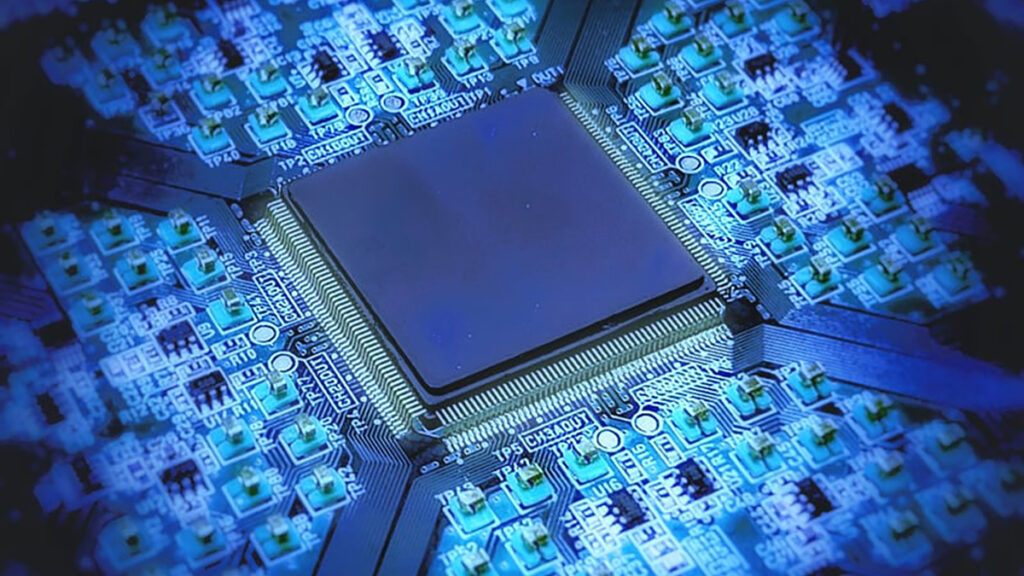
TDK has unveiled a groundbreaking prototype of an analog reservoir AI chip that can learn in real time, marking a significant advancement in robotics and sensor technology. Developed in collaboration with Hokkaido University, this innovative chip promises to enhance the capabilities of various applications, including wearable devices and autonomous systems.
Advancing Real-Time Learning Capabilities
The new chip utilizes a neuromorphic approach, mimicking the human cerebellum to process time-varying data with remarkable speed and minimal power consumption. This distinguishes it from traditional deep learning models that rely heavily on cloud processing and large datasets. Instead, the analog reservoir AI chip leverages the natural dynamics of analog signals to efficiently interpret, input, and produce outputs.
According to TDK, the chip’s ability to learn at the edge allows it to adapt quickly to changing data streams. This feature is particularly valuable for applications requiring instant feedback, such as Internet of Things (IoT) hardware. The company emphasizes that the chip is designed to handle time-series data efficiently, making it ideal for sensing and control tasks.
Interactive Demonstration at CEATEC 2025
TDK plans to showcase this prototype at the upcoming CEATEC 2025 event in Japan, where attendees will have the opportunity to engage with a demonstration device. This device will challenge users to a game of rock-paper-scissors, employing acceleration sensors to track hand movements and predict the user’s gesture before they make their move. TDK stated, “In rock-paper-scissors, there are individual differences in finger movement, and in order to accurately determine what to do next, it is necessary to learn those individual differences in real time.”
The demonstration aims to illustrate the chip’s high-speed processing capabilities, whereby users will experience a version of the game that, according to TDK, “can never be won.” This playful engagement serves to highlight the technology’s potential while fostering understanding of reservoir computing.
The company hopes that the prototype will pave the way for the commercialization of reservoir computing devices, expanding the landscape of edge AI applications. TDK is committed to extending its collaboration with Hokkaido University, applying the insights gained from this research to its Sensor Systems Business and the TDK SensEI brand.
As TDK continues to innovate in the field of advanced electronics and sensor technologies, this analog reservoir AI chip represents a noteworthy step forward, bridging the gap between human-like learning and machine intelligence.







